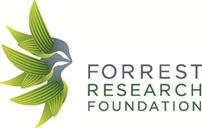Future Earth Australia is guided and directed by its Steering Committee, made up of one representative from each member institution, and two Early Career Researcher and Professional representatives (one university, one non-university).
The Steering Committee is currently Co-Chaired by Dr Peat Leith and Dr Jemma Purandare.
Professor Wendy Steele - RMIT University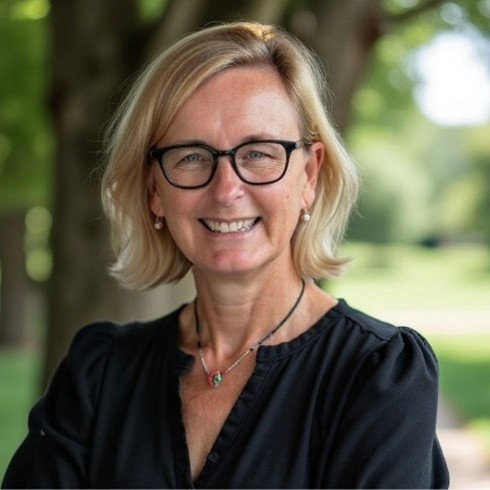
Wendy Steele is the Co-Chair of Future Earth Australia, Professor of Sustainability and Urban Governance in the Centre for Urban Research at RMIT University and the Research Director for RMIT Europe. Her research focuses on cities in climate change as a transdisciplinary agenda with an emphasis on human-nature relationships, rethinking critical infrastructure and socially innovative approaches to addressing urban climate vulnerability. Her recent books include Planning Wild Cities: Human-Nature Relationships in the Urban Age (Routledge 2020), Quiet Activism: Climate action at the local scale (Palgrave 2021), The Sustainable Development Goals and Higher Education (Palgrave 2022) and Hot Cities: A Transdisciplinary Agenda (Edward Elgar 2023). Wendy is a founding member of the Planetary Civics Inquiry (PCI) working in collaboration with diverse stakeholders around ways of governing planetary commons to support and promote more regenerative futures.
Dr Jemma Purandare (Co-Chair) - ECRP Representative 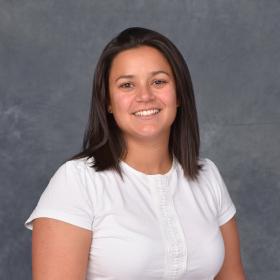
Jemma Purandare is the non-university Early Career Researchers and Professional representative and Co-Chair of Future Earth Australia. Jemma is an environmental scientist who has worked in water quality, estuarine management, and habitat restoration for the past 16 years. She has a background in both environmental science and environmental law, and currently works for the City of Gold Coast's Water and Waste Directorate while working on her PhD in estuarine science at Griffith University's Coastal and Marine Research Centre. She has a keen interest in the bridge between science and policy and hopes to further contribute to developing stronger environmental and climate conservation and protection in Australia and the Asia-Pacific Region. Jemma represents an alternative pathway for ECRPs and is keen to ensure all ECRPs are represented, regardless of their age, discipline, or background.
Professor Stuart Bunn – Ex Officio member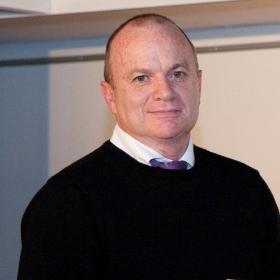
Stuart was the founding Director of the Australian Rivers Institute at Griffith University in Brisbane, Australia. His major research interests are in the ecology of river and wetland systems with a particular focus on the science to underpin river management. He has extensive experience working with international and Australian government agencies and with industry on water resource management issues. He is a member of the Murray-Darling Basin Authority and has previously served on several National Australian Water Committees. Stuart was recently appointed as a member of the Earth Commission, hosted by Future Earth, and was elected as a Fellow of the Australian Academy of Science in 2022. Stuart is a founding Steering Committee member of Future Earth Australia.
Dr Mark Kennard - Griffith University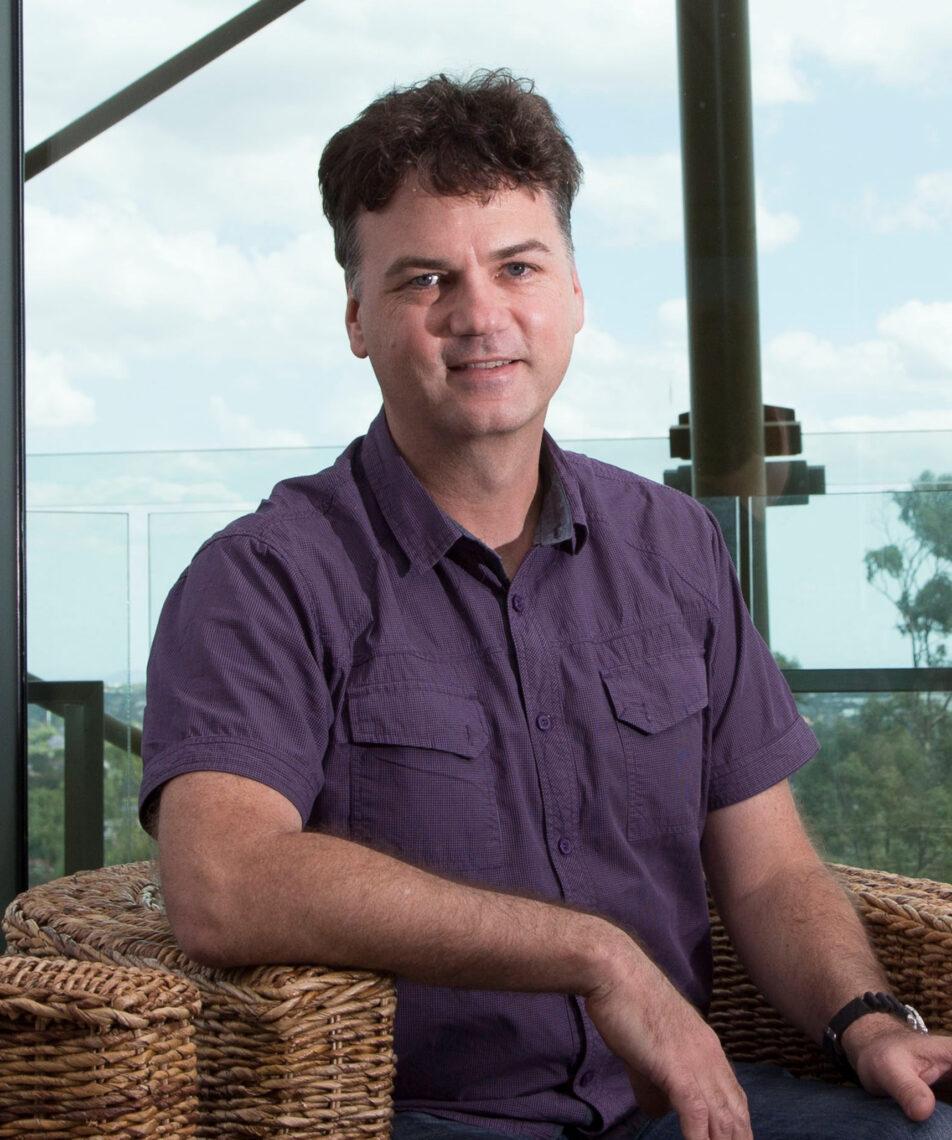
Mark is the Deputy Director of the Australian Rivers Institute at Griffith University. He is a a quantitative ecologist with research expertise in hydro-ecology and environmental flow management, biomonitoring and ecosystem health assessment, freshwater biodiversity assessment and conservation planning, and freshwater fish ecology and biogeography.
Professor Tony Capon – Monash University 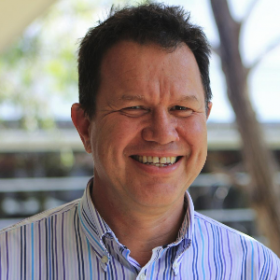
Tony Capon directs the Monash Sustainable Development Institute and holds a chair in planetary health in the School of Public Health and Preventive Medicine at Monash University. A public health physician and authority in environmental health and health promotion, his research focuses on urbanisation, sustainable development and human health. Tony is a former director of the International Institute for Global Health at United Nations University (UNU-IIGH), and has previously held professorial appointments at the University of Sydney and Australian National University. He is a member of the Rockefeller Foundation–Lancet Commission on Planetary Health that published its report Safeguarding human health in the Anthropocene epoch in 2015, and the International Advisory Board for The Lancet Planetary Health.
Dr Peat Leith (Co-Chair) - CSIRO 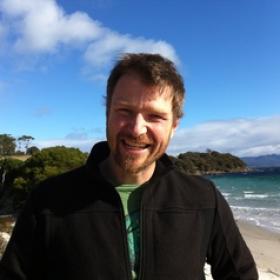
Peat leads CSIRO’s Valuing Sustainability Future Science Platform and is project lead for the Sustainability Science Scaffolding Project. His research areas include social and institutional dimensions of natural resource management; institutional design; the roles of science and technology in sustainability; climate change adaptation in agriculture, fisheries and coastal zone management; social learning and collective knowledge production. His research background has focussed on how science can effectively underpin sustainability outcomes.
Professor Juan Francisco Salazar – Western Sydney University 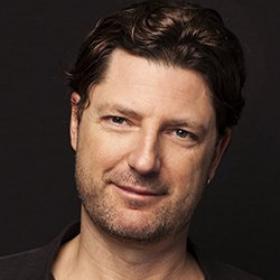
Juan Francisco Salazar was born in Santiago, Chile, and migrated to Sydney in 1998. He is an interdisciplinary researcher, author and documentary filmmaker whose academic and creative work explore the coupled dynamics of social-ecological change and is underpinned by a collaborative ethos across the arts, science and activism. Juan’s research interests include environmental humanities, social science, Antartica and outer space, and Indigenous media in Latin America. He is a Professor for the School of Humanities and Communication Arts at Western Sydney University, Australian Research Council Future Fellow (2020-2024), and co-founder of the international Antarctic youth Coalition in 2020.
Professor David Schoeman – University of the Sunshine Coast 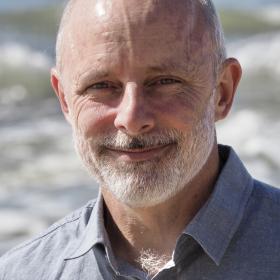
Dave is a quantitative marine ecologist who specialises in climate-change ecology and climate-smart marine conservation planning. He has worked professionally as a marine ecologist in South Africa, the United Kingdom and Australia. Dave has been a key member of numerous of collaborative international research networks in ecological analysis and synthesis and has served as a Coordinating Lead Author and Review Editor on the Intergovernmental Panel on Climate Change Sixth Assessment Report. In addition to research, Dave teaches ecological statistics both at undergraduate level at UniSC, and as a service to early career researchers. David runs annual workshops for early career researchers on statistical programming environments, training over 1,000 scientists.
Professor Danielle Celermajer – University of Sydney 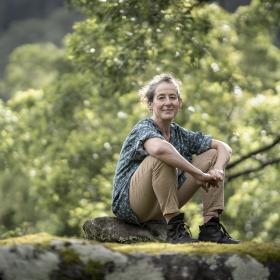
Danielle Celermajer is a Professor of Sociology and Social Policy in the Faculty of Arts and Social Sciences at the University of Sydney, and Deputy Director – Academic at the Sydney Environment Institute. She is the Director of the Multispecies Justice Project and the Research Lead on Concepts and Practices of Multispecies Justice. Professor Celermajer lived through the 2019-20 NSW bushfires and wrote of her experience of the “killing of everything”, which she calls “omnicide”. She has been widely published on the topic, including her book ‘Summertime: Reflections on a Vanishing Future’. Her research interests lie in multispecies justice and climate imaginaries.
Dr Sarah Robertson – ECRP Representative, RMIT University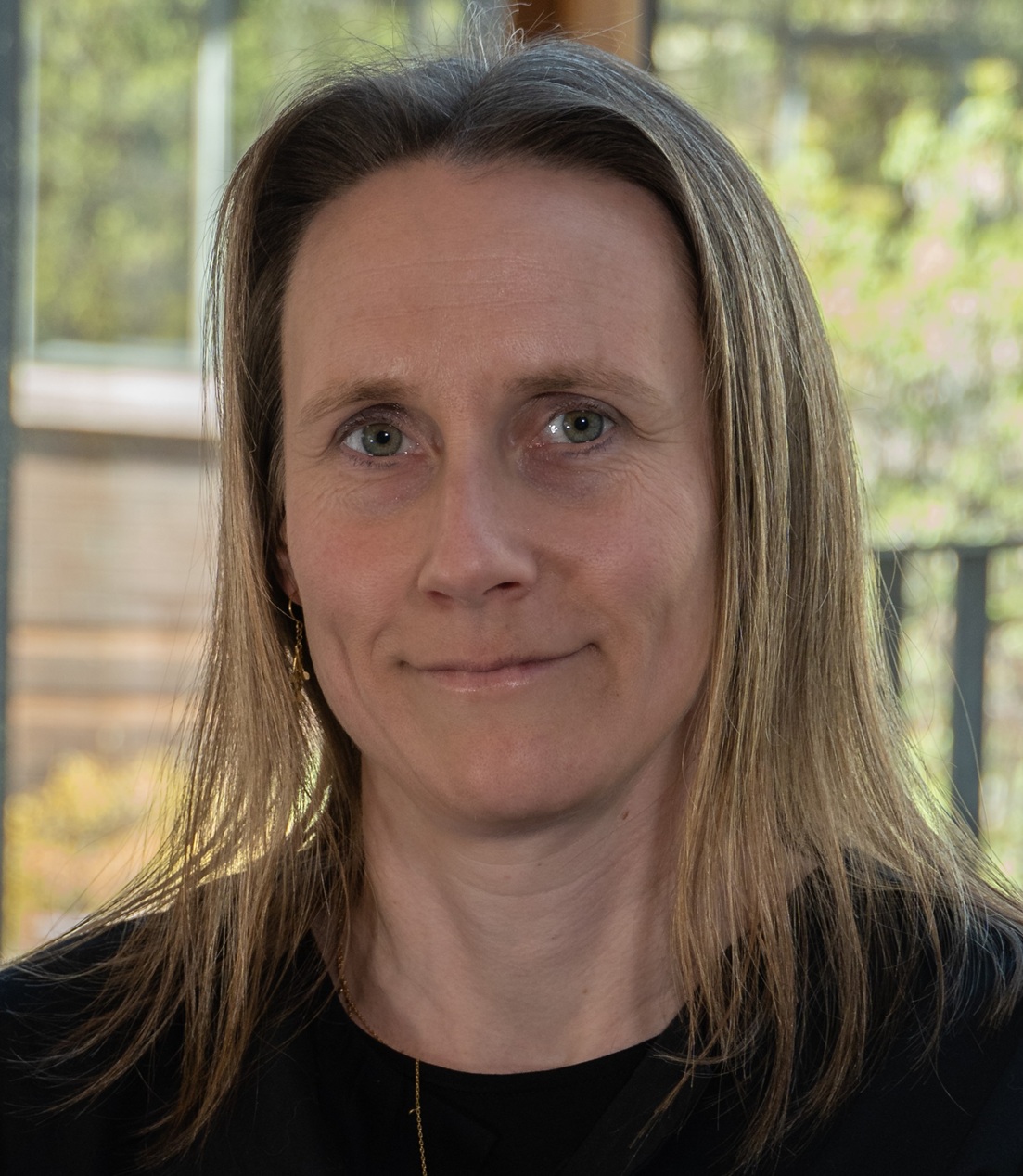
Sarah Robertson is a Research Fellow in the Centre for Urban Research and teacher in the School of Global Urban and Social Studies at RMIT University. Sarah is the ECR-University representative on the FEA Steering Committee. Working across the fields of human geography and the built environment, Sarah's research is focused on issues central to the creation of sustainable and just urban places and resilient housing in a changing climate. Her recent work has investigated uneven and gendered experiences of place, summer heat and climate change, and equitable and sustainable low carbon housing transitions. Sarah has worked with local and state governments, social and environment not-for-profit organisations, and industry partners.
Future Earth Australia is overseen by the Executive Committee of the Australian Academy of Science. We report to Professor Ian Chubb AC FAA FTSE, Secretary Science Policy and Professor Frances Separovic AO FAA, Foreign Secretary.
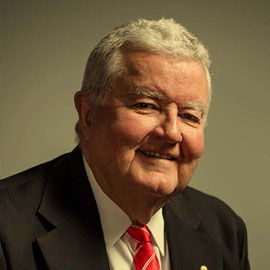
AC FAA FTSE.
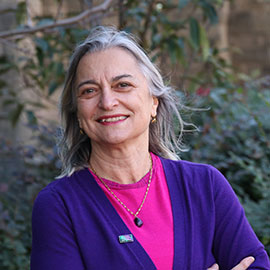
AO FAA.
Members
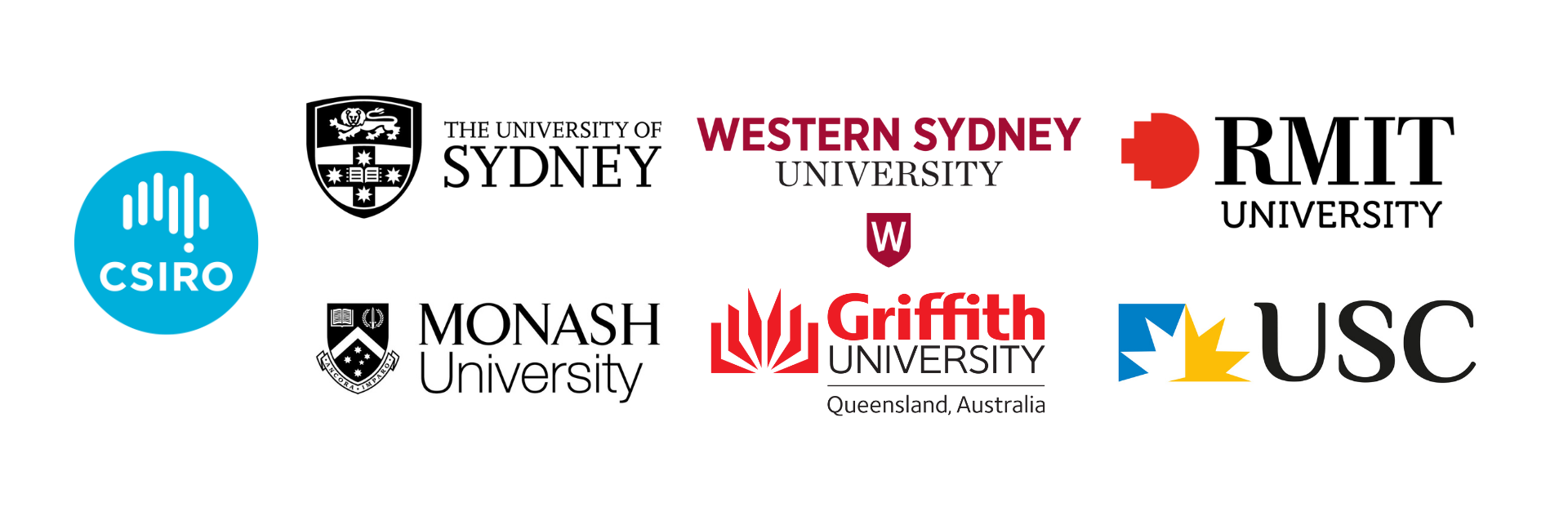
Partners
